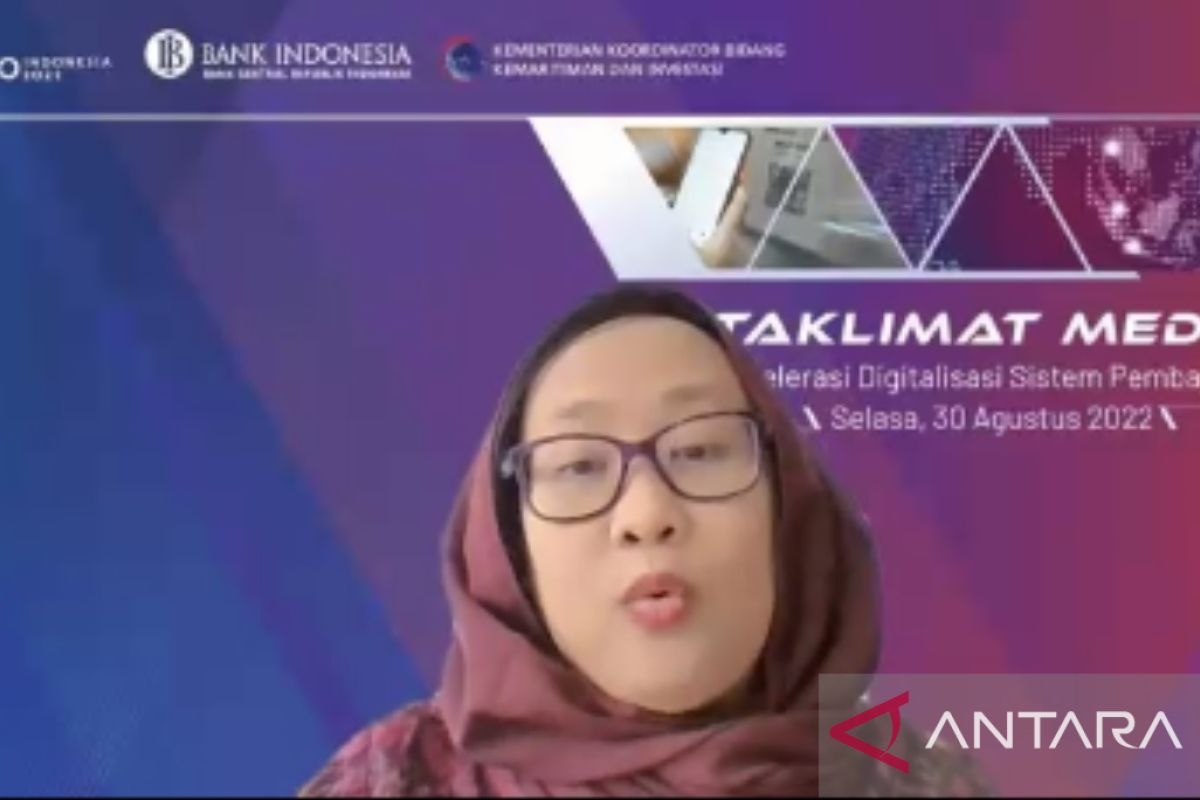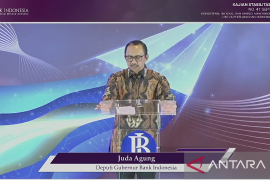"In the future, (the transfer fee) can be decreased gradually as we observe various factors and (organize) routine evaluations," Bank Indonesia's director of payment system policy, Fitria Irmi Triswati, said at a press conference here on Tuesday.
She highlighted that the BI-FAST system has been developed to cater to the needs of residents, particularly micro, small, and medium enterprises (MSMEs), who need an affordable bank transfer fee.
An increase in participating institutions and transactions on the BI-FAST system could prompt a reduction in the transfer fee in the future, she said.
"Transactions can increase if more institutions participate (in the system), which can make the transaction fee more affordable," Triswati added.
Related news: Indonesia, Singapore agree to link QR code payments
So far, 77 banks -- who account for 85 percent of the national retail payment system -- have joined the BI-FAST system.
The 77 banks joined the system in four batches, with 22 banks integrating with the system in the first batch, 22 banks and 1 non-banking institution in the second batch, 8 banks in the third batch, and 25 banks in the fourth batch.
Meanwhile, head of BI’s payment system management department, Ida Nuryanti, informed that the central bank is preparing for the integration of the fifth batch, which is expected next November.
At least 49 banks have expressed their commitment to joining the BI-FAST system in the fifth batch, and Bank Indonesia will thoroughly monitor the institutions seeking to integrate with the system, she said.
"We will monitor the commitment of institutions ready (to join the system). To examine their readiness, BI will conduct a checkpoint survey to assess (the banks') security and technology readiness," Nuryanti informed.
Related news: BI launches Domestic Government Credit Card
Related news: BI to oversee implementation of domestic gov't credit card: Jokowi
Translator: Astrid FH, Nabil Ihsan
Editor: Suharto
Copyright © ANTARA 2022












